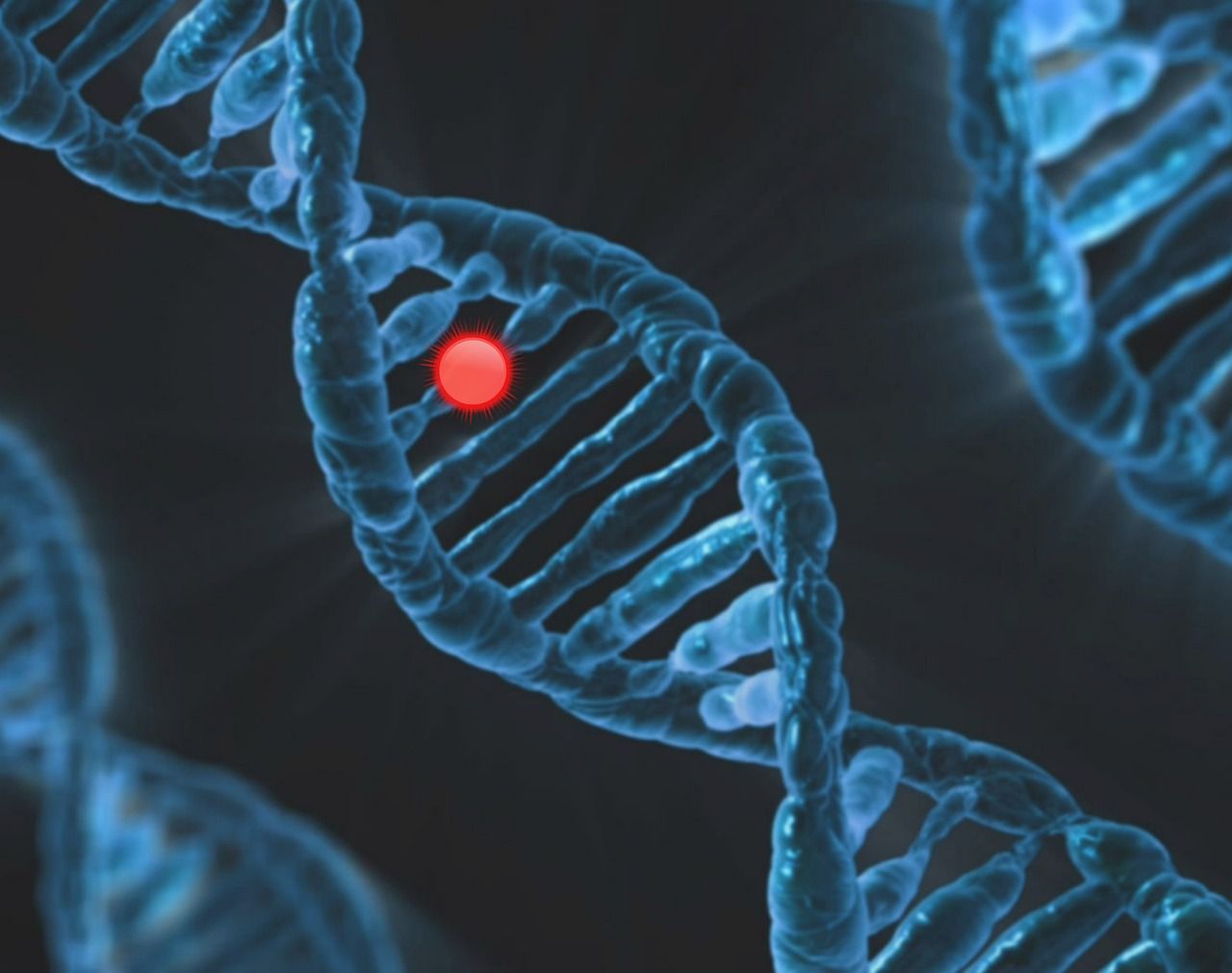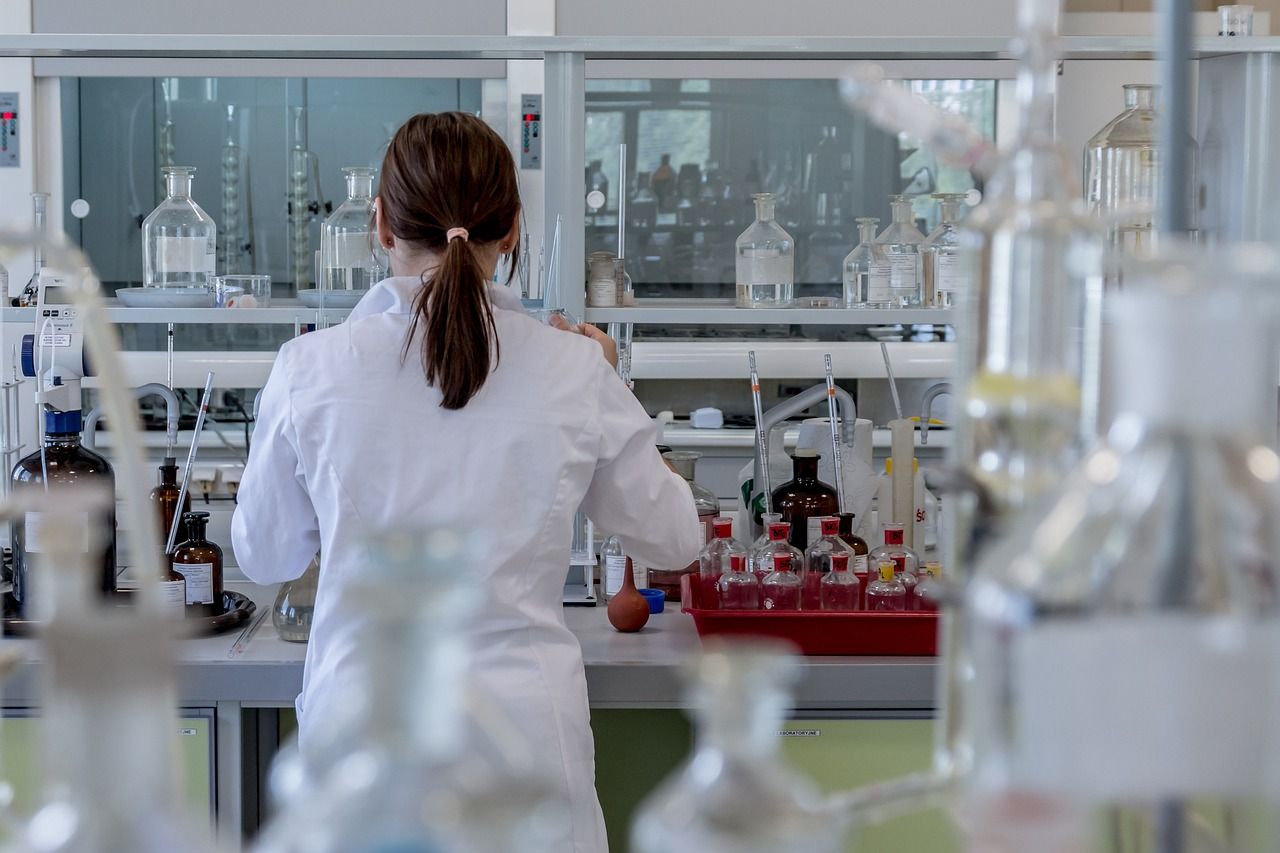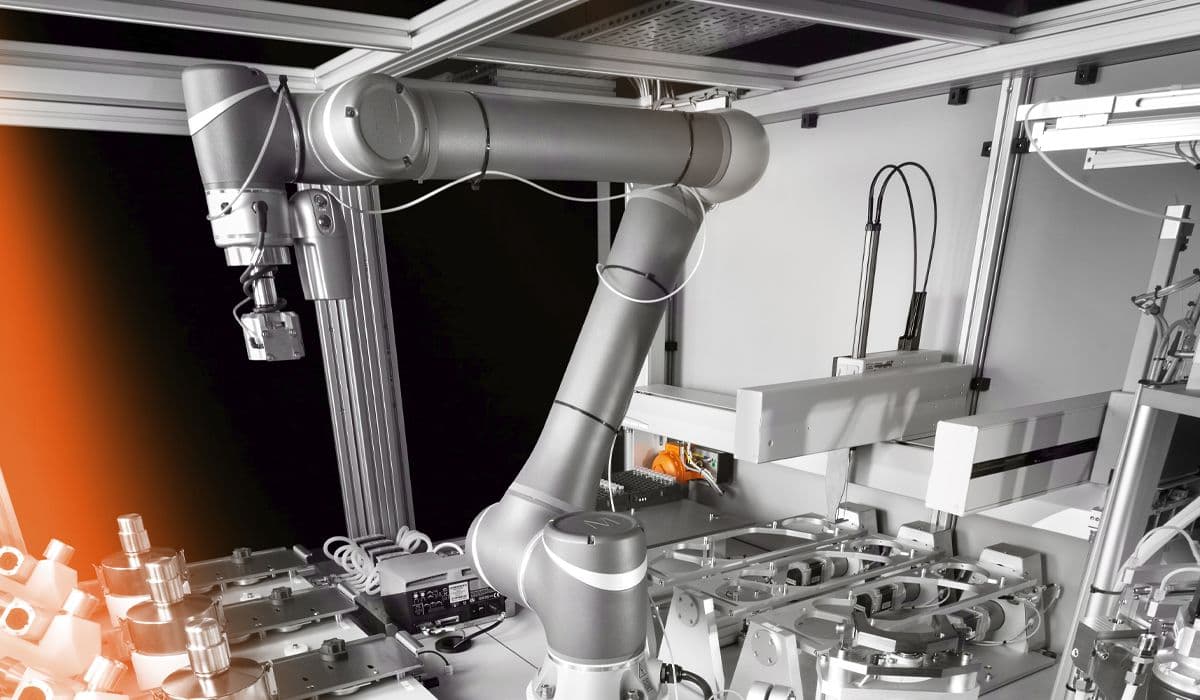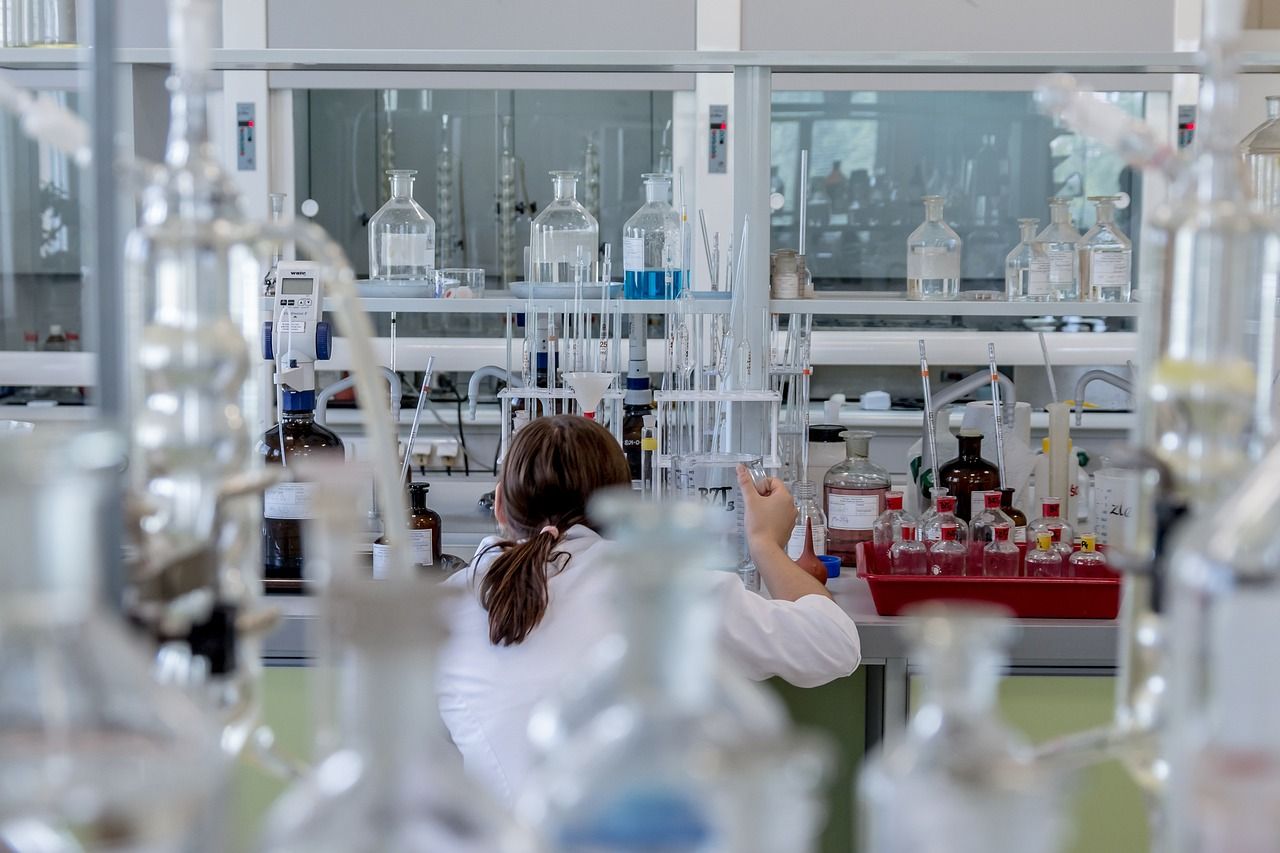Can Automation Accelerate Gene Therapy Manufacturing?

Share this article
Gene therapies hold promise for treating previously incurable diseases. However, there are significant challenges associated with translating lab discoveries into commercially viable and accessible treatment therapies at scale. The complexity, quality demands, and often personalised element of gene therapies mean that traditional manufacturing processes are an issue. Automation can enable manufacturing of gene therapies at scale.
Manfucturing gene therapies is a sensitive process, which can typically involve multiple steps such as:
Isolating patient-specific cells
Viral vector production
Transduction into target cells
Cell harvesting and purification
Formulation of the therapeutic product
Extensive testing and quality control
Each of these steps have the potential for human error, with specific risks of contamination and variability. This also makes these manual processes very cost and labour-intensive, which limits throughput.
How automated systems could help
Enhanced Reproducibility
As automated systems can perform precise and repeatable tasks, this reduces the variability of manual processes. Lab workers can spend less time on troubleshooting.
Reduced Contamination Risk
Gene therapy manufacturing often requires aseptic conditions. Automated systems can minimise human interaction and environmental exposure which reduces the risk of contamination.
Increased Throughput
Robots can operate continuously, which leads to a higher volume of sample processing when compared to manual methods, which can helpt o scale up operations.
Potential Impact
By embracing automation for gene therpay manufacturing, companies can:
Speed up time to market
Reduce the costs of manufacturing
Meet regulatory requirements for product quality and safety
Future proof the lab
At Astech, we're at the forefront of bespoke lab automation solutions. We have experience in bespoke, complex life sciences automation and can hep you to address your specific challenges. Partner with us to accelerate your gene therapy production.


